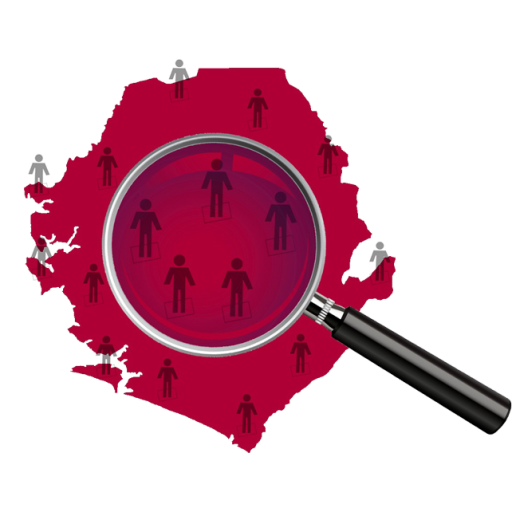robert8616186
About Company
The Evolution of the Nursing Profession
The nursing profession has undergone significant changes over the past century, evolving from a role primarily focused on bedside care to one that encompasses a wide range of responsibilities in patient care, education, and healthcare management. Nurses have long been an integral part of the healthcare system, but their roles have expanded in response to the growing complexities of modern medicine and public health needs.
Historically, nursing was seen as a vocation rather than a profession, with nurses performing basic care tasks under the direction of doctors. However, the establishment online class help services of formal nursing education programs in the 19th century began to shift this perception. Florence Nightingale, often considered the founder of modern nursing, played a crucial role in professionalizing the field. Her emphasis on hygiene, sanitation, and compassionate care laid the foundation for many of the principles that guide nursing practice today.
The introduction of formal education programs allowed nurses to develop specialized knowledge and skills, enabling them to take on more complex roles in patient care. Today, nursing education is a rigorous process that requires both theoretical knowledge and clinical experience. Nurses must complete coursework in anatomy, physiology, pharmacology, and other medical sciences, as well as hands-on training in various healthcare settings. This preparation allows nurses to provide comprehensive care to patients, from assessing their needs to developing and implementing care plans.
As healthcare has become bus fpx4014 operations management for competitive advantage more specialized, so too has nursing. Nurses now have the opportunity to specialize in areas such as critical care, oncology, pediatrics, and mental health. These specialties require additional training and certification, but they allow nurses to provide more targeted care to specific patient populations. For example, critical care nurses work with patients who have life-threatening conditions and require constant monitoring and intervention. Oncology nurses, on the other hand, provide care to patients with cancer, helping them manage symptoms, undergo treatments, and cope with the emotional and psychological challenges of their diagnosis.
The role of nurses in healthcare has also expanded to include leadership and advocacy. Nurses phi fpx 3200 assessment 1 are often involved in decision-making processes that affect patient care, and many hold leadership positions within hospitals and healthcare organizations. These roles allow nurses to contribute to the development of policies and practices that improve patient outcomes and promote a safer healthcare environment. Nurses also serve as advocates for patients, ensuring that their voices are heard and their needs are met within the healthcare system.
Another significant development in nursing is the increasing focus on evidence-based practice. This approach involves using the best available research to guide clinical decision-making, ensuring that patient care is based on the most current and effective treatments. Nurses play a key role in implementing evidence-based practices in healthcare settings, from ensuring proper infection control protocols to educating patients about new treatment options. This emphasis on research and data has helped improve patient outcomes and reduce healthcare costs, as nurses work to implement the most effective interventions.
The use of technology in nursing has also grown significantly. Nurses now use electronic health records to document patient care, monitor vital signs, and communicate with other healthcare providers. Technology has also improved patient monitoring, with nurses able to track real-time data on heart rate, blood pressure, and oxygen levels. These advances allow nurses to provide more accurate and timely care, reducing the risk of complications and improving patient outcomes.
While the nursing profession psyc fpx 4700 assessment 5 has made significant strides, it continues to face challenges. One of the most pressing issues is the global nursing shortage. Many countries are experiencing a shortage of qualified nurses, which has been exacerbated by the aging population and the increasing demand for healthcare services. The shortage puts additional pressure on existing nurses, leading to burnout and job dissatisfaction. Addressing this issue will require a concerted effort to recruit and retain nurses, as well as to provide them with the support and resources they need to succeed in their roles.
The nursing profession has evolved significantly over the years, with nurses taking on more specialized and complex roles in patient care, education, and healthcare leadership. As healthcare continues to change, nurses will remain at the forefront, providing essential care to patients and contributing to the advancement of the healthcare system.


